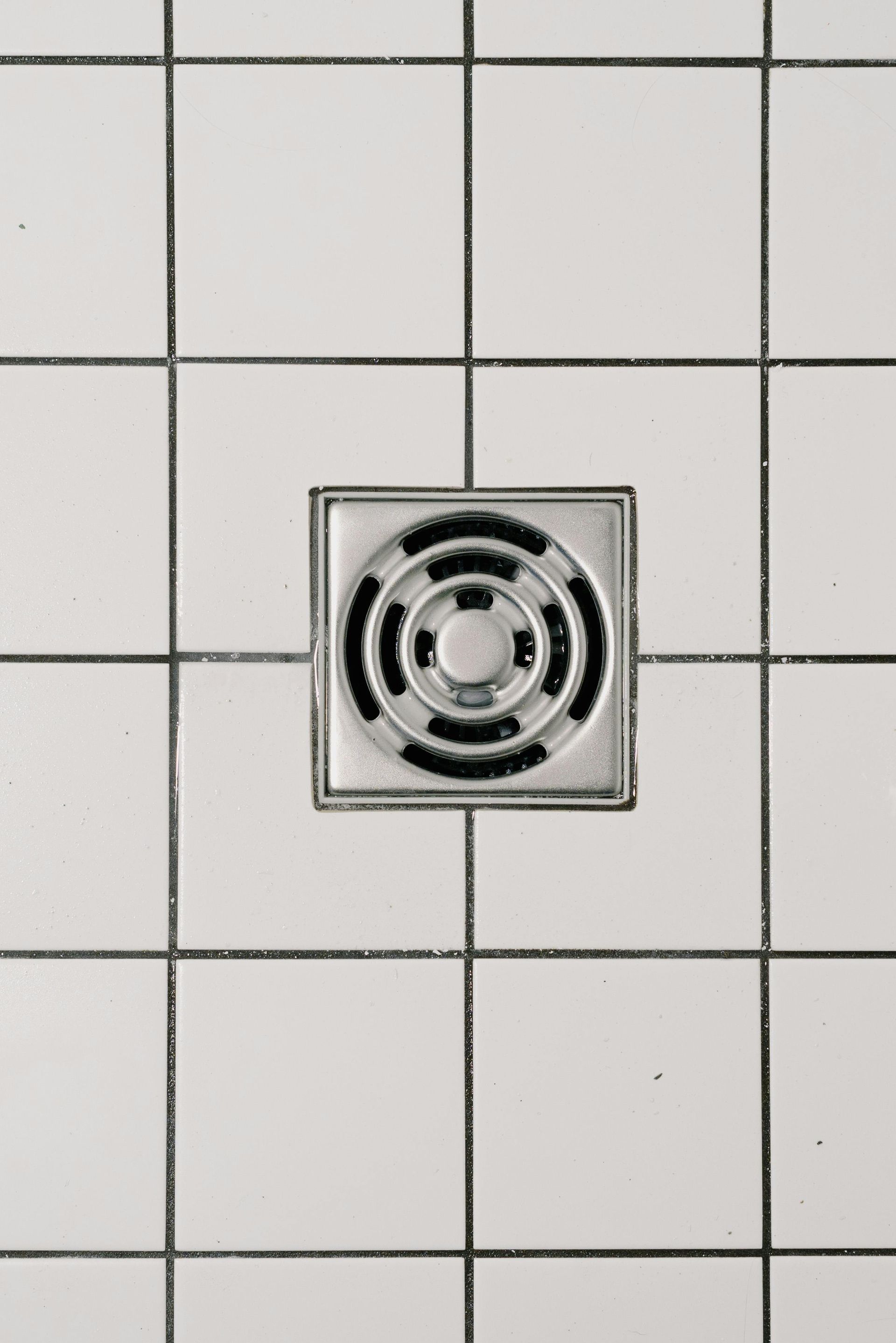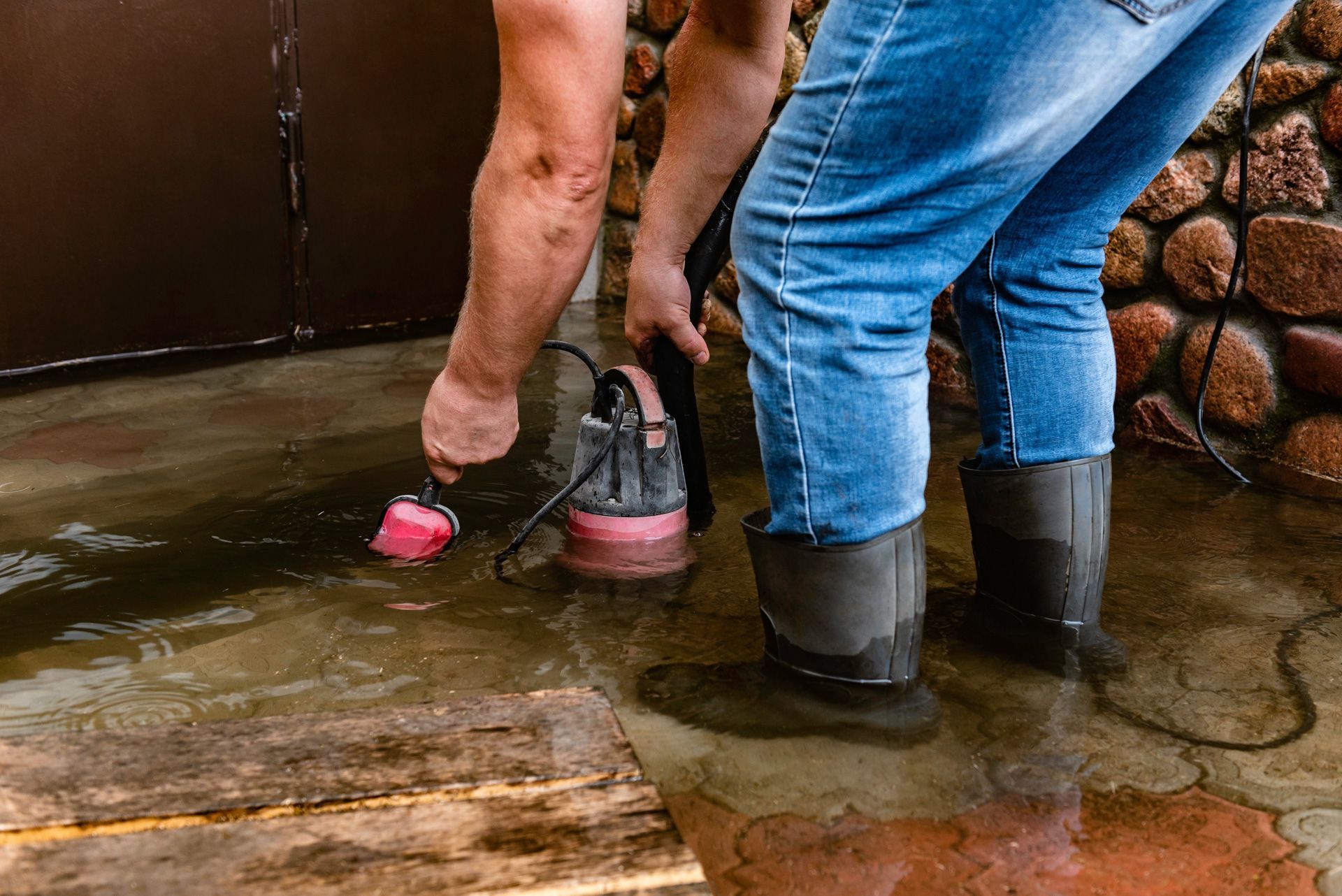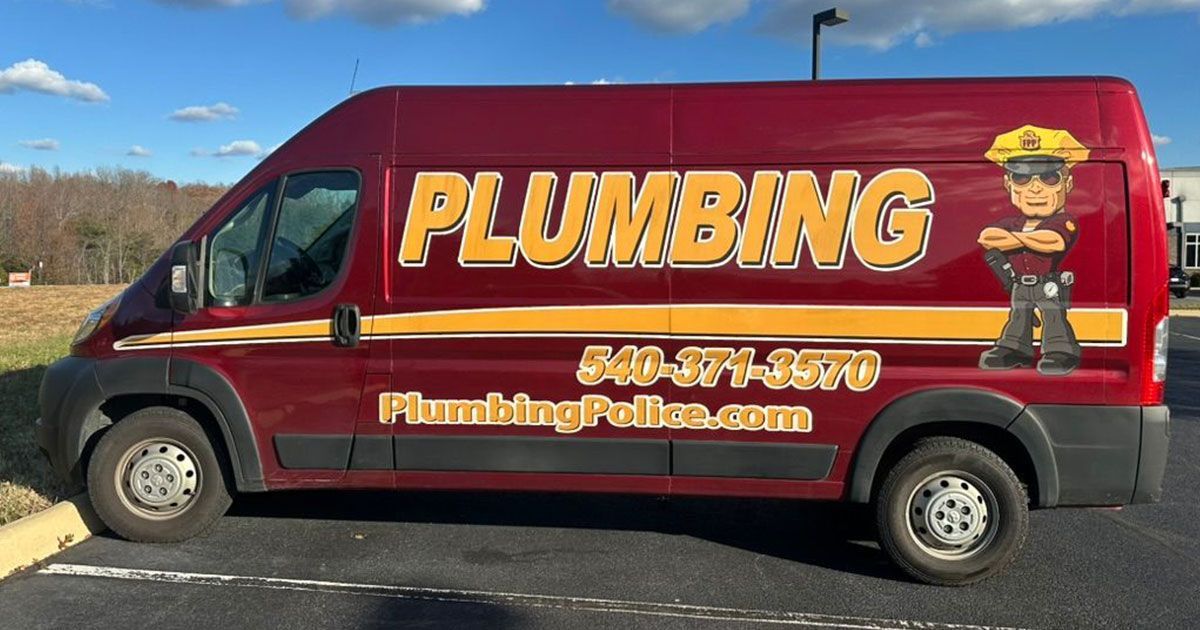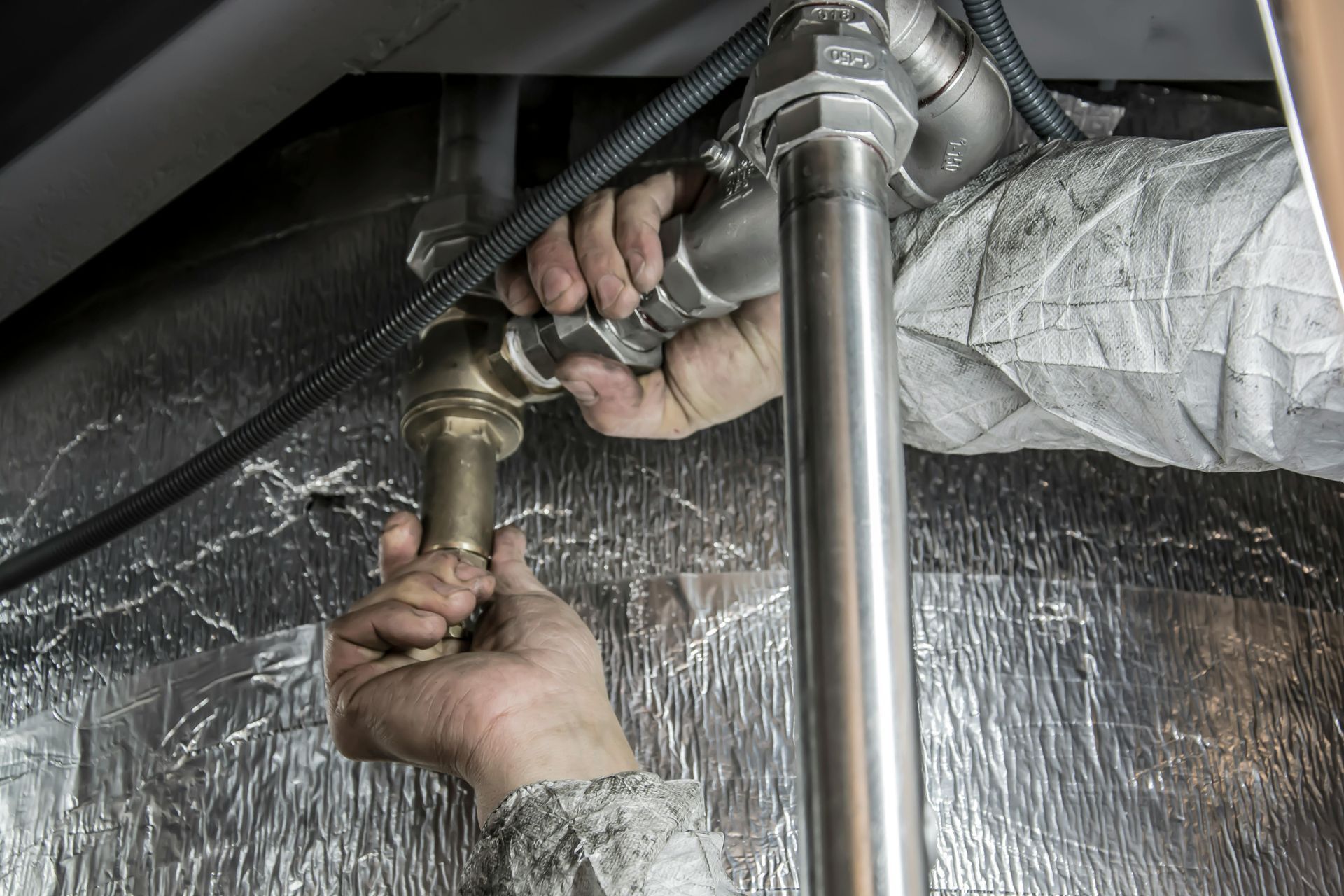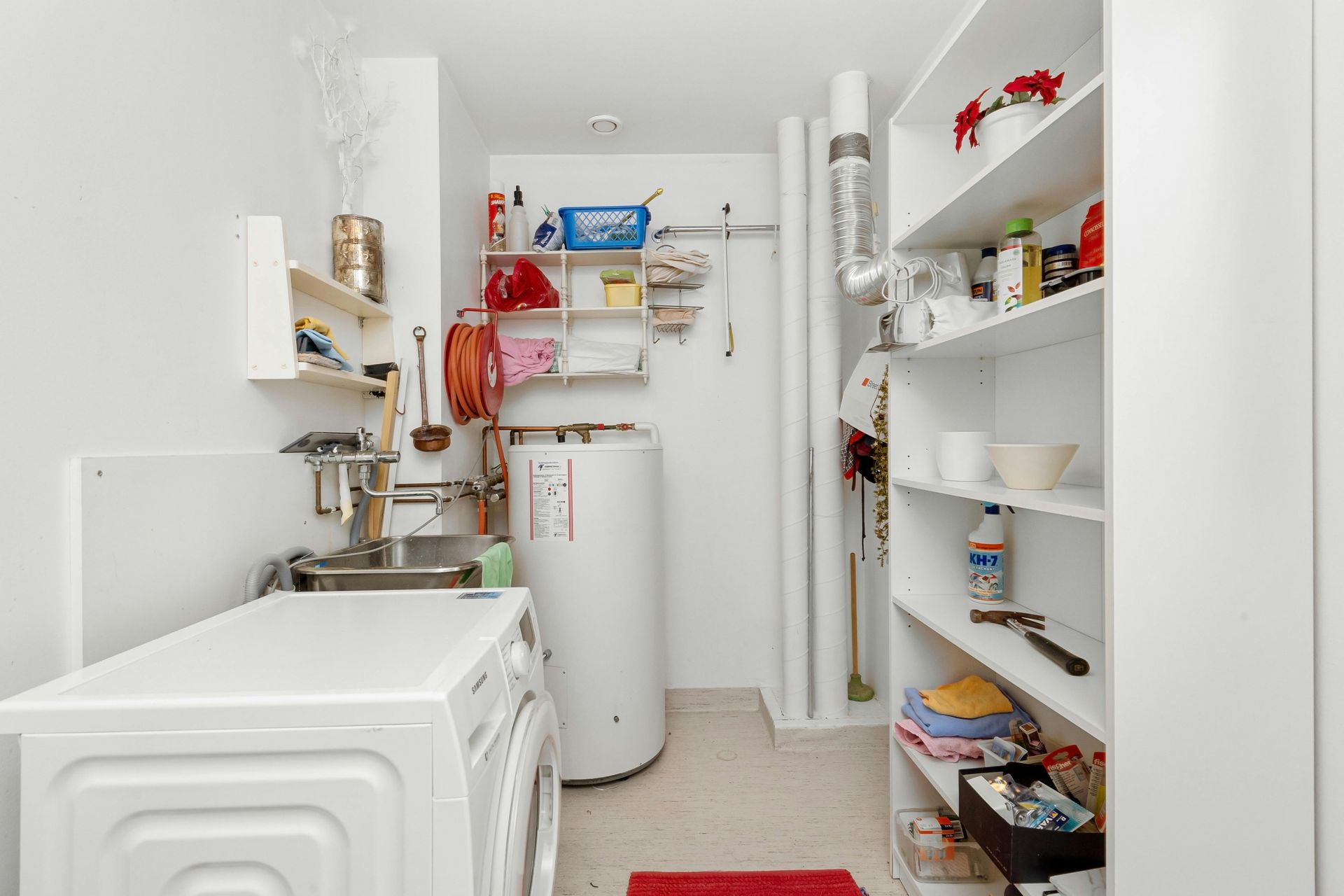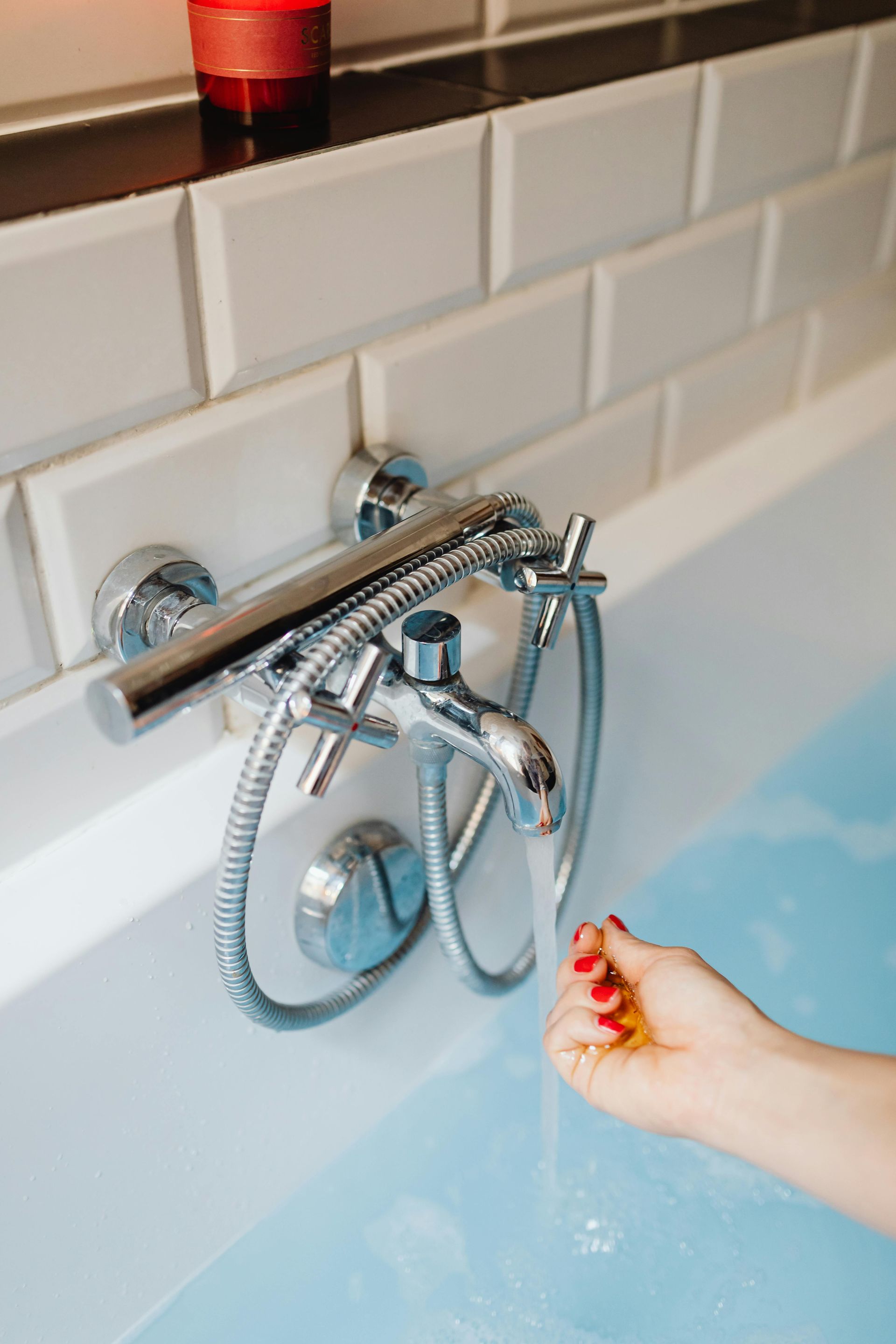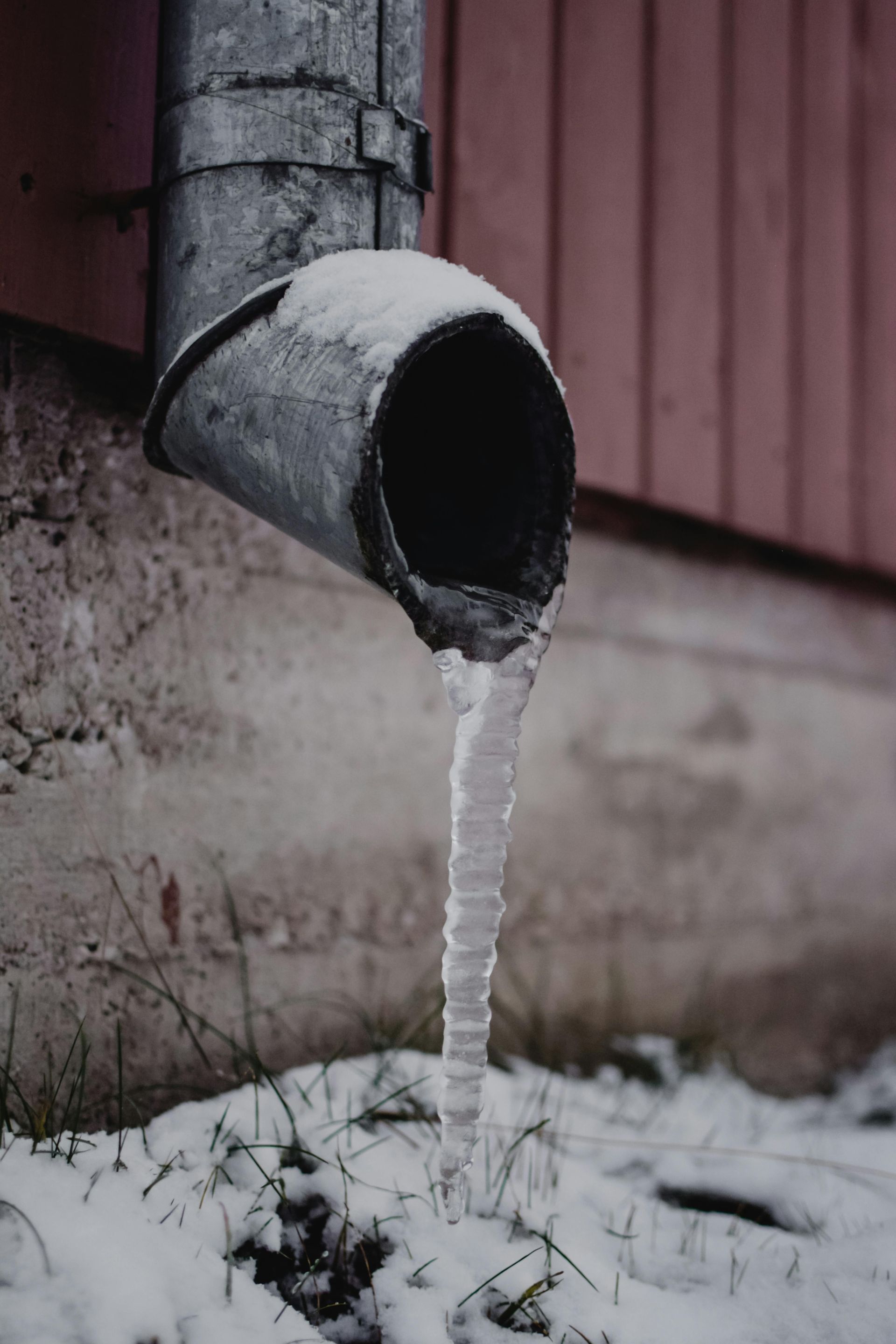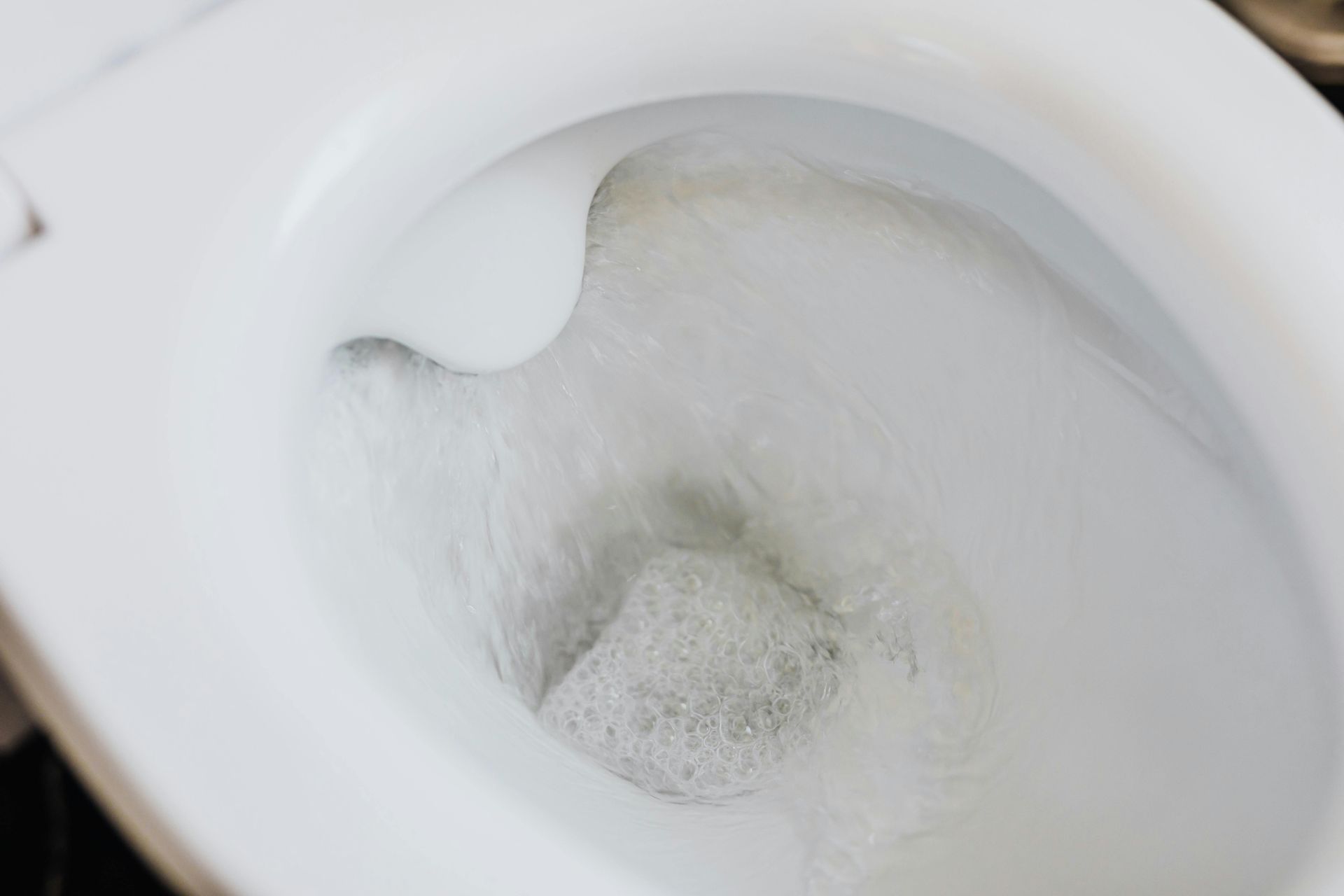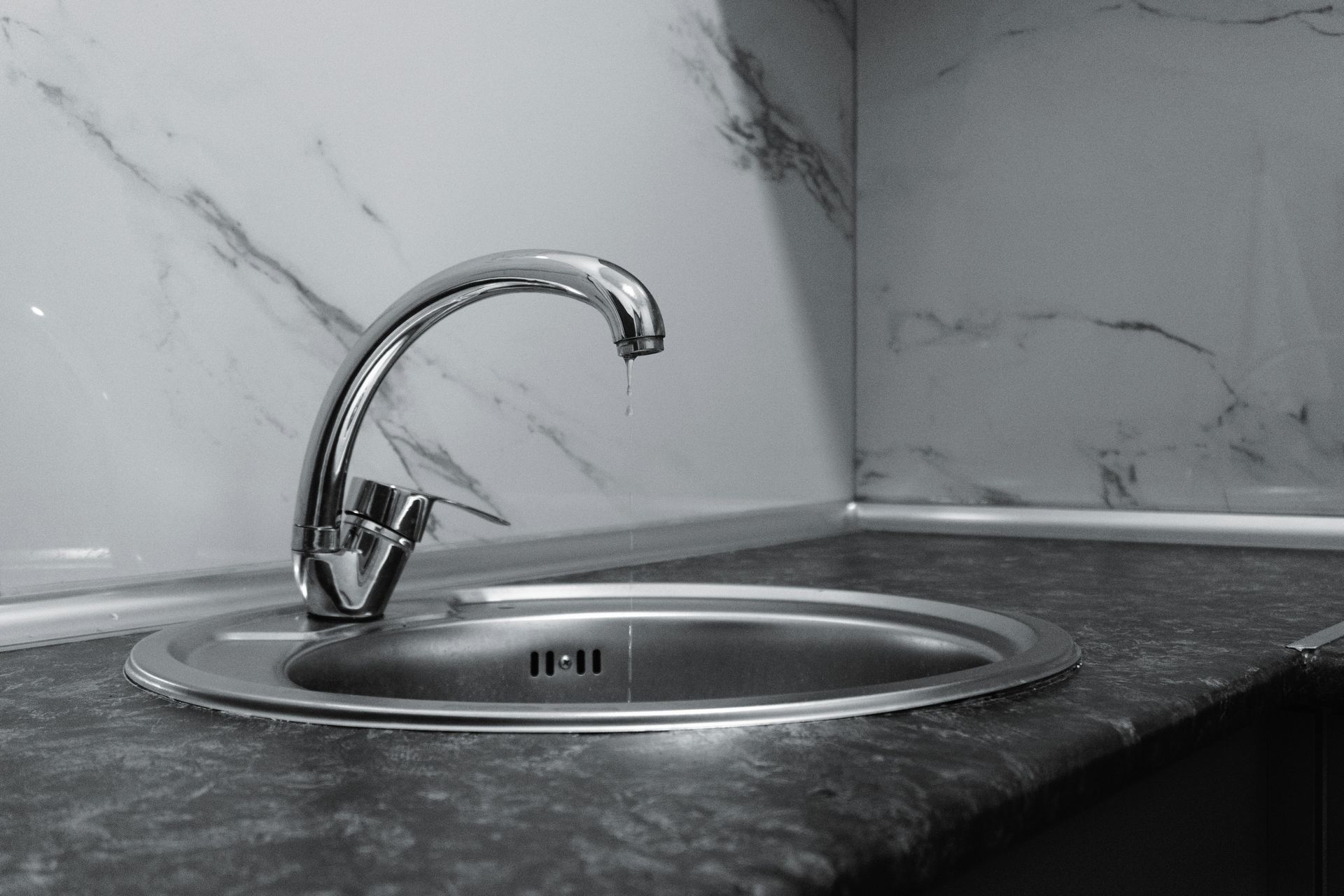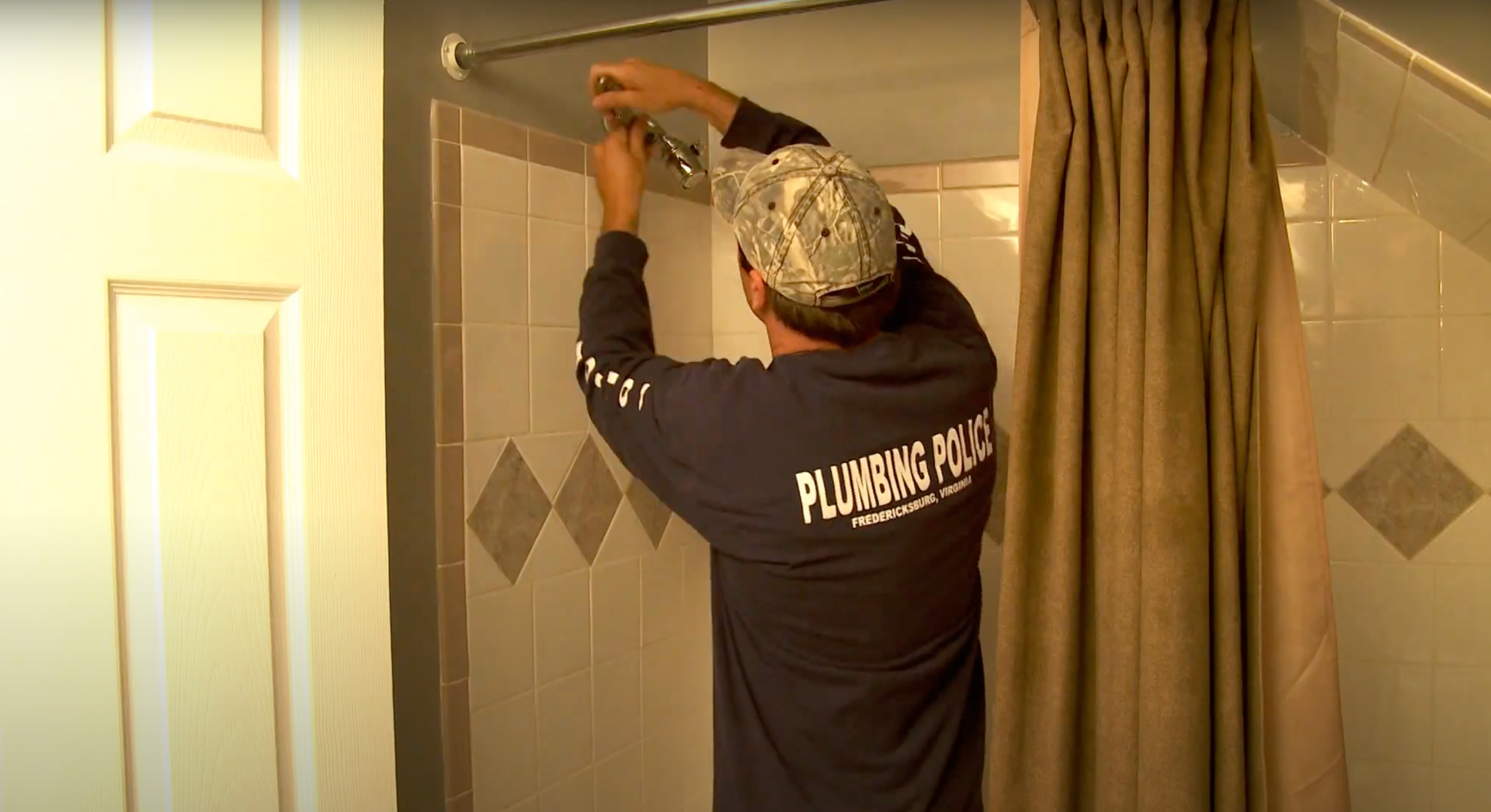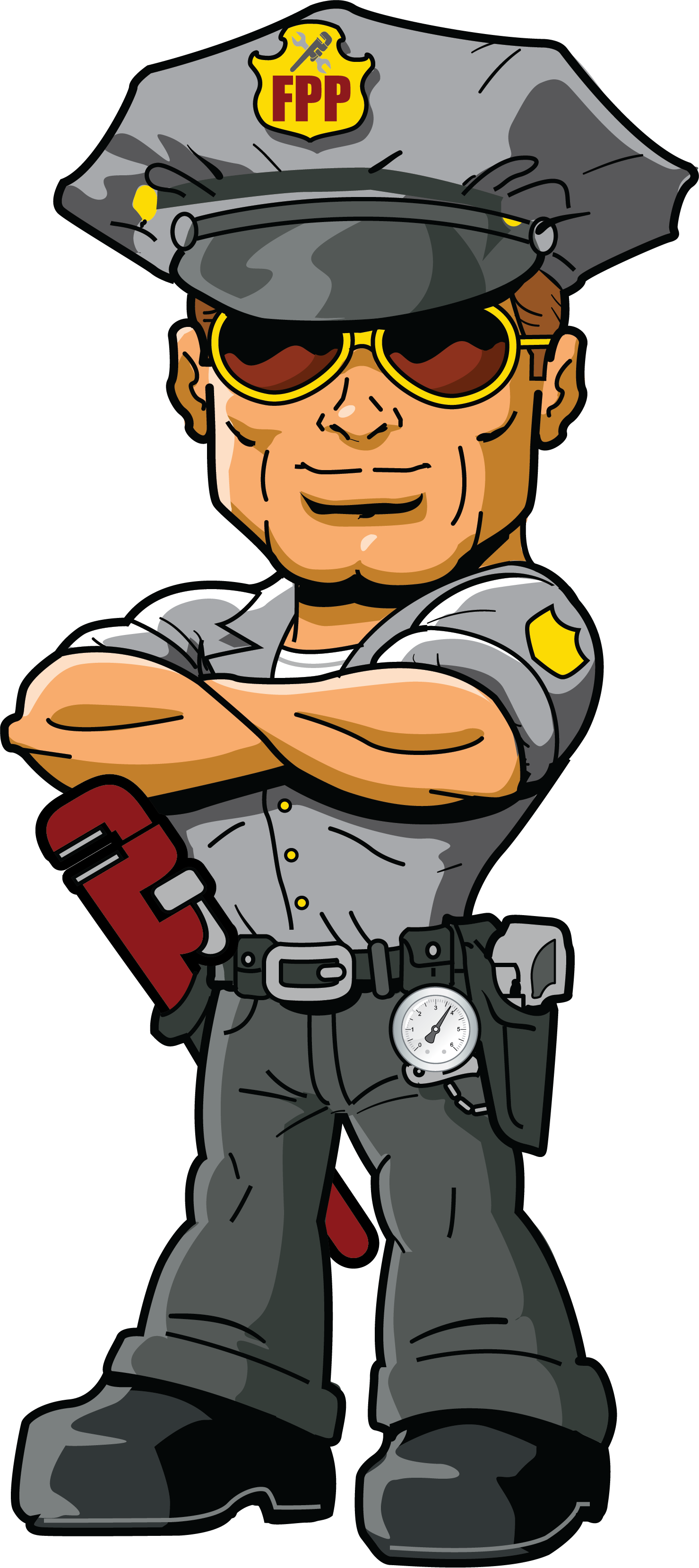A Homeowner’s Guide to Emergency Plumbing in Stafford
A Homeowner’s Guide to Emergency Plumbing in Stafford
Nobody plans for a plumbing emergency. It’s not something you pencil into your schedule or prepare for in advance. One moment, your home feels fine. The next, you’re dealing with water on the floor, a broken pipe, a backed-up toilet, or worse. These moments are stressful, inconvenient, and can be expensive if not handled quickly.
For homeowners in Stafford and the surrounding Virginia areas, emergency plumbing problems are more common than you might think. The combination of seasonal weather swings, aging infrastructure, and everyday wear and tear leads to a range of urgent issues that need professional attention.
This guide walks you through what qualifies as a plumbing emergency, how to respond, and why calling a licensed plumber immediately is the smartest move.
What Counts as a Plumbing Emergency
Not every plumbing problem needs immediate attention, but there are certain situations where waiting can lead to serious damage or pose a risk to your home and health.
Here are some of the most common emergencies we respond to in Stafford:
Burst Pipes
When a pipe bursts, water flows uncontrollably and can flood parts of your home in minutes. This often happens during cold snaps when frozen water expands inside the pipes. Once the pipe ruptures, the water pressure sends water into walls, ceilings, or floors.
Even a small crack can release gallons of water quickly. In most cases, the damage continues to worsen until the water is shut off and the pipe is repaired.
Sewer Line Backups
A sewer backup is not just unpleasant—it’s dangerous. When the main sewer line becomes blocked, wastewater has nowhere to go and can start to come back into your home through drains, toilets, or even bathtubs.
The smell alone is a red flag, but the real concern is contamination. Raw sewage carries bacteria and other harmful pathogens that should never be inside a living space. This is a situation where fast professional help is critical.
Overflowing Toilets
An overflowing toilet isn’t just an inconvenience. If water spills out and continues to rise, it can damage flooring and leak through ceilings if it’s on an upper level. The longer it goes without being addressed, the greater the chance of structural damage or mold.
Clogs, damaged float mechanisms, and faulty shutoff valves are just a few causes. If plunging doesn’t work within a few seconds or water is actively spilling, call for emergency service.
No Water Access
Suddenly losing water throughout the house can be alarming. It may be caused by a main supply issue, a frozen pipe, or something more serious like a break in the main line. If neighbors still have water and your home doesn’t, that’s a good indicator the issue is isolated to your property.
Without water, basic tasks like cooking, cleaning, and hygiene become difficult. In some cases, this can even be a health risk, especially for families with small children or elderly members.
Major Water Heater Leaks
A leaking water heater is another plumbing emergency that can catch people off guard. If the tank starts leaking from the bottom, it usually means there’s internal corrosion or the pressure relief valve has failed.
When left alone, a leaking heater can quickly fill the surrounding area with water, damage nearby walls or floors, and leave you without hot water for days.
Gas Line Issues Related to Plumbing Work
Although less common, some plumbing issues can involve natural gas lines, especially if you're using a gas water heater or gas-powered appliances. A gas leak is extremely serious and should always be handled by trained professionals.
If you smell gas or suspect a leak, leave the home immediately and call for help from outside. This situation often involves coordination between the plumber and the gas company to ensure everything is safe before repairs begin.
What to Do When a Plumbing Emergency Happens
The most important step in a plumbing emergency is to stay calm. Once you’ve recognized something is wrong, take the following steps while waiting for your plumber to arrive.
Shut Off the Water
Know where your home’s main shutoff valve is located. Turning it off can stop water from flowing and prevent further damage. For toilet or sink issues, there are smaller shutoff valves under the fixture that can help as well.
Unplug Electrical Devices in Affected Areas
If water is spreading into rooms with appliances or electronics, unplug them immediately—only if it is safe to do so. If you’re unsure, wait until a professional arrives.
Contain the Water if Possible
Use towels, buckets, or any absorbent materials to limit the spread. Try to redirect water toward drains if it’s safe.
Avoid Using Other Plumbing Fixtures
If the issue is related to your sewer line or water main, avoid using other sinks, toilets, or appliances that rely on plumbing. Adding more water into the system can make the problem worse.
Call a Local Licensed Plumber
Make the call as soon as you can. The sooner a professional is on their way, the faster your system can be stabilized and repaired. Be prepared to describe what’s happening, when it started, and any steps you’ve taken so far.
Why Local Emergency Plumbing Makes a Difference
Stafford residents benefit from working with a local team that understands the area’s homes, climate, and infrastructure. At Plumbing Police, we’ve served the Stafford and Fredericksburg region for decades. That means we’re familiar with the kinds of systems used in these homes, the most likely failure points, and how to get repairs done efficiently.
There are several reasons to choose a local emergency plumber over a national chain:
- Faster response times, especially during nights and weekends
- Better familiarity with local building codes and permitting
- Long-term service relationships instead of one-time visits
- Flexible, realistic solutions that fit your home and budget
Plumbing emergencies don’t wait for business hours, and neither do we. Our team is equipped to handle a wide range of urgent situations, from burst pipes to failed water heaters and everything in between.
Preventing Future Plumbing Emergencies
While not all plumbing problems can be predicted, regular maintenance makes a huge difference. Homeowners in Stafford can reduce their risk of major issues by scheduling annual inspections, flushing their water heater, checking for leaks, and addressing small problems before they grow.
If you’ve had a recent plumbing emergency, it’s also a good idea to ask your plumber about what steps can be taken to prevent a repeat event. This could include updating old pipes, installing pressure regulators, or relocating lines to prevent freezing.
Final Thoughts
Emergencies can happen at the worst times, but having a plan and a trusted local plumber to call can take a lot of the stress out of the situation. Whether it’s the middle of the night or the middle of a holiday weekend, the right professional can help protect your home, fix the issue, and give you peace of mind.
If you're dealing with a plumbing emergency in Stafford or just want to make sure your system is in good shape, it helps to have a reliable local team in your corner.
